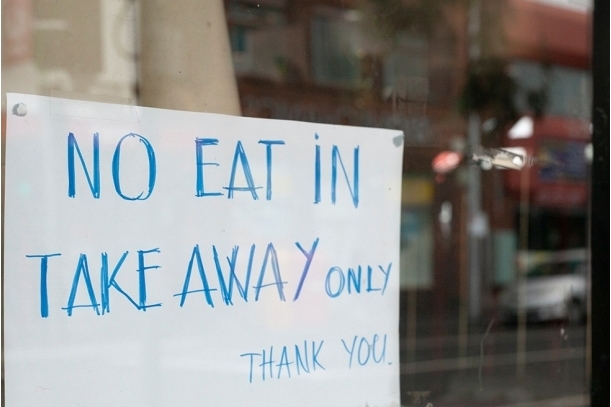Latest News
COVID-19 is changing the way we do business

News Highlight
After the lockdowns that lasted for a few months, some countries have begun to gradually reopen. Yet, so many businesses are yet to (fully) reopen.
The world is firmly in the grip of a crisis, the likes of which we have never seen before. The coronavirus disease outbreak has caused a global shutdown with almost every country imposing some form of lockdown and social distancing measures in order to control the spread of the virus. Under the circumstances, most businesses have lost significant revenue and millions of jobs have been lost.
After the lockdowns that lasted for a few months, some countries have begun to gradually reopen. Yet, so many businesses are yet to (fully) reopen. Businesses such as restaurants, bars, airlines, transport services, retail outlets, to name just a few, have been faced with huge drops in demand. People are having to work from their homes and as many businesses that can have moved to provide their services online pending the end of the outbreak. But without a vaccine for COVID-19, the disease caused by the coronavirus, the changes in the way we do business may become permanent. In some situations, even after things go back to normal, those businesses might not go back to operating as they used to.
A key example of this significant shift is in the gambling sector where physical casinos and betting locations had to shut down to comply with social distancing measures. Many of the operators moved their operations online. The shutdown has driven up the popularity of online games as people stayed indoors. By playing casino games online, customers are able to enjoy some form of entertainment, while operators are able to maintain cashflow and continue operations to an extent.
The Nigerian economy has not been immune from the impact of the pandemic. The economic impact is even more amplified in Nigeria and other African countries due to the fact that most businesses in the region are small, family-run operations. Hence, they lack the financial resources to survive an extended shutdown.
In the period that most banking halls were shut in Nigeria, for instance, online banking services were available. However, the majority of the population does not use online banking channels.
The academic calendar has also been thrown out of kilter. Educational institutions have remained closed in most countries, including those that have allowed some businesses to reopen. Much of the learning has been shifted online. Private schools in Nigeria moved their classes online. But public primary, secondary and tertiary institutions are still shuttered.
These are just some of the ways by which the Nigerian economy has been hit by this crisis. According to the International Monetary Fund (IMF), which has described the pandemic as a "crisis like no other," Nigeria will record a GDP growth rate of -3.4 per cent in 2020.
On June 11, the Nigerian Senate passed a revised 2020 budget of N10.8 trillion, which increases the budget that was earlier approved in December by N211 billion. The revised fiscal plan also has a N500 billion COVID-19 intervention fund, which includes support for the health sector.
Last month, the Central Bank of Nigeria (CBN) reduced its Monetary Policy Rate (MPR) from 13.50 per cent to 12.50 per cent. The apex bank also has approved regulatory forbearance for the restructuring of credit facilities by financial institutions. The reserve bank also reduced interest rates on its intervention facilities through participating financial institutions from 9 per cent to 5 per cent per annum for a year, with effect from March 1, 2020.
Global and regional organizations like the IMF, World Bank and African Development Bank (AfDB) have put various funds in place to help emerging countries. The IMF has made over $50 billion available for low-income countries, the World Bank has a $14 billion relief package for countries affected by the crisis, and the AfDB has raised over $3 billion by issuing a social bond.
The world is yet to determine the full scale of the health, social and economic havoc of the COVID-19 pandemic. As of June 12, the global death toll from the disease was in excess of 425,000, while infection cases were over 7.6 million, according to Worldometer. In Nigeria, 14,554 have been affected by the various as of Thursday, with 387 fatalities.
Related News
Latest Blogs
- CBN is fighting inflation instead of stagflation
- Why electricity privatization failed (2)
- How net metering can boost embedded power generation
- Adaora Umeoji and gender in Nigerian banking leadership
- Is protest an endangered human right of Nigerians?
Most Popular News
- IFC, partners back Indorama in Nigeria with $1.25 billion for fertiliser export
- Univercells signs MoU with FG on biopharmaceutical development in Nigeria
- Ali Pate to deliver keynote speech at NDFF 2024 Conference
- CBN increases capital requirements of banks, gives 24 months for compliance
- CBN settles backlog of foreign exchange obligations
- Nasdaq Dubai welcomes $600m sukuk listing by Islamic Development Bank






